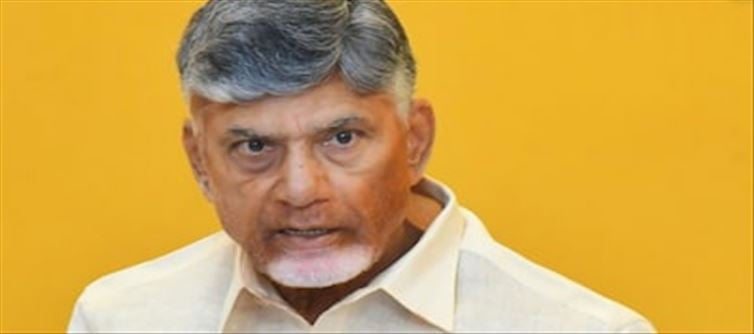
In a recent statement that has sparked considerable debate, andhra pradesh chief minister N. chandrababu naidu announced that only individuals with more than two children would be eligible to contest in elections for key local governance positions such as sarpanch, mayor, and councillor.
This remark, made during a public address, emphasized Naidu’s concerns over the declining birth rates and its potential long-term effects on the state's population and economy. Naidu mentioned, "Your parents bore four to five children, and you reduced it to one," highlighting the contrast between the previous generation’s larger families and the current trend of smaller households. He pointed out that many modern-day families, particularly those with a higher socio-economic status, are choosing to have fewer children, or even no children at all.
The chief minister further remarked on the evolving mindset, noting that an increasing number of people are embracing a “double-income, no-kids” lifestyle, which is in stark contrast to the larger families of the past. He raised a provocative question: "If their parents had thought similarly, they wouldn’t exist today." Naidu’s comments seem to be driven by a desire to encourage population growth and foster a stronger familial structure, which he believes is vital for the future well-being of society.
This policy proposal has sparked mixed reactions. Supporters argue that such an initiative could help reverse declining population trends and encourage more stable family structures. Critics, however, view it as an intrusion into personal choices, asserting that family planning decisions should be left to individual autonomy rather than imposed by governmental policies.
In sum, Chandrababu Naidu’s comments reflect his concerns over demographic trends and the impact of smaller family sizes on local governance and broader societal development. Whether or not this policy will gain traction remains to be seen, but it certainly opens up a wider conversation about the intersection of politics, social policies, and personal freedoms.




 click and follow Indiaherald WhatsApp channel
click and follow Indiaherald WhatsApp channel